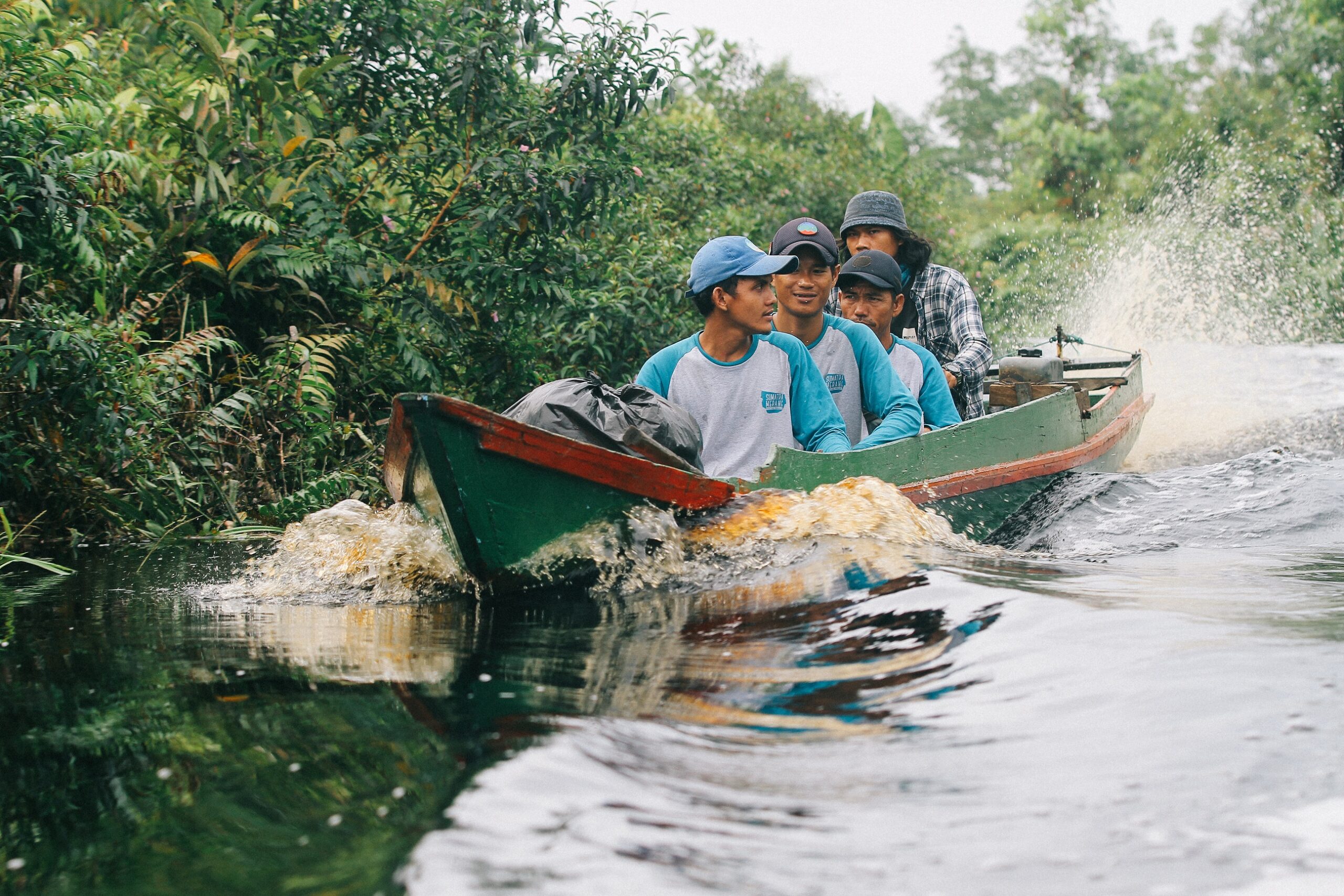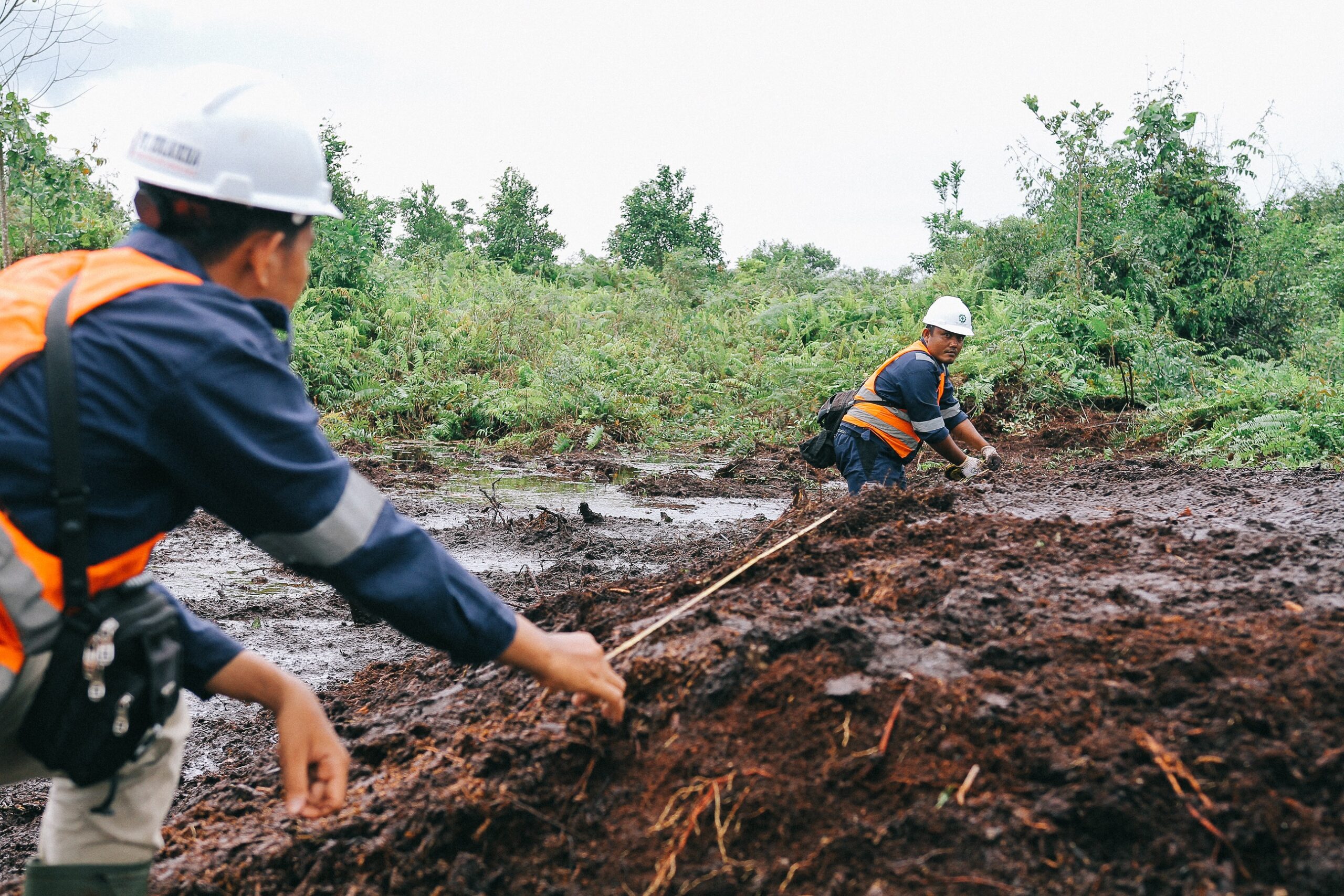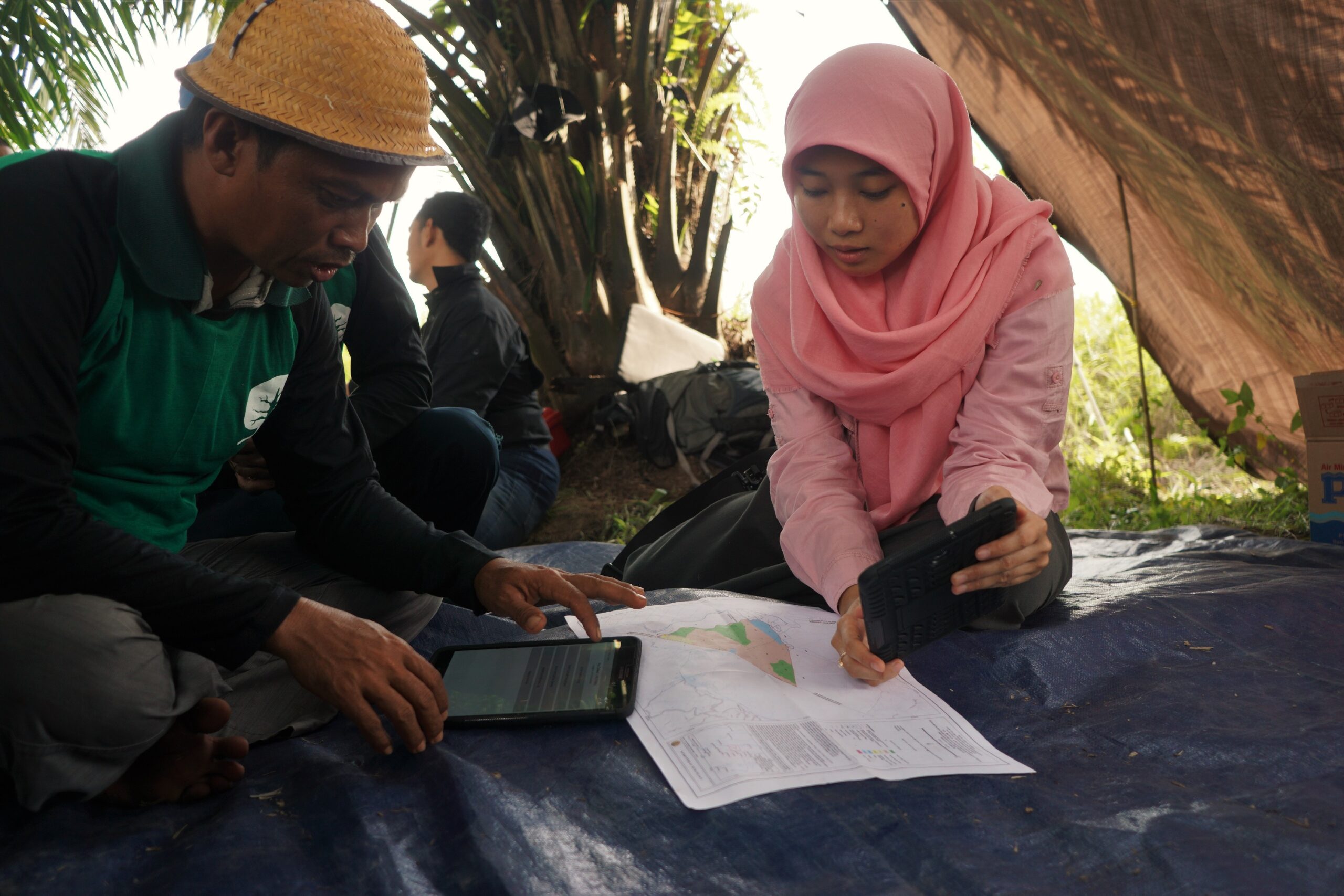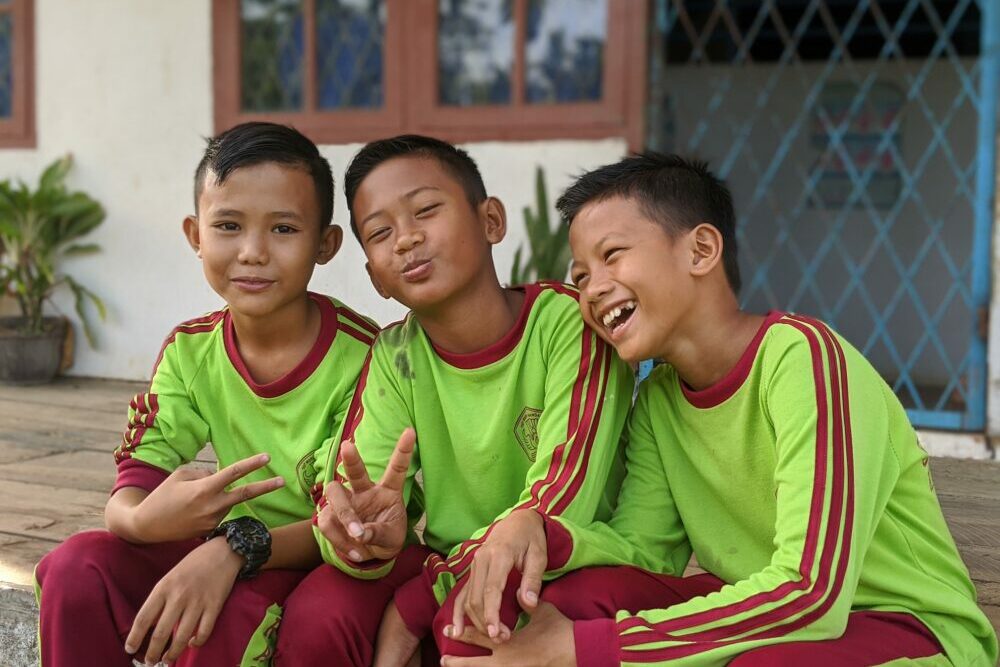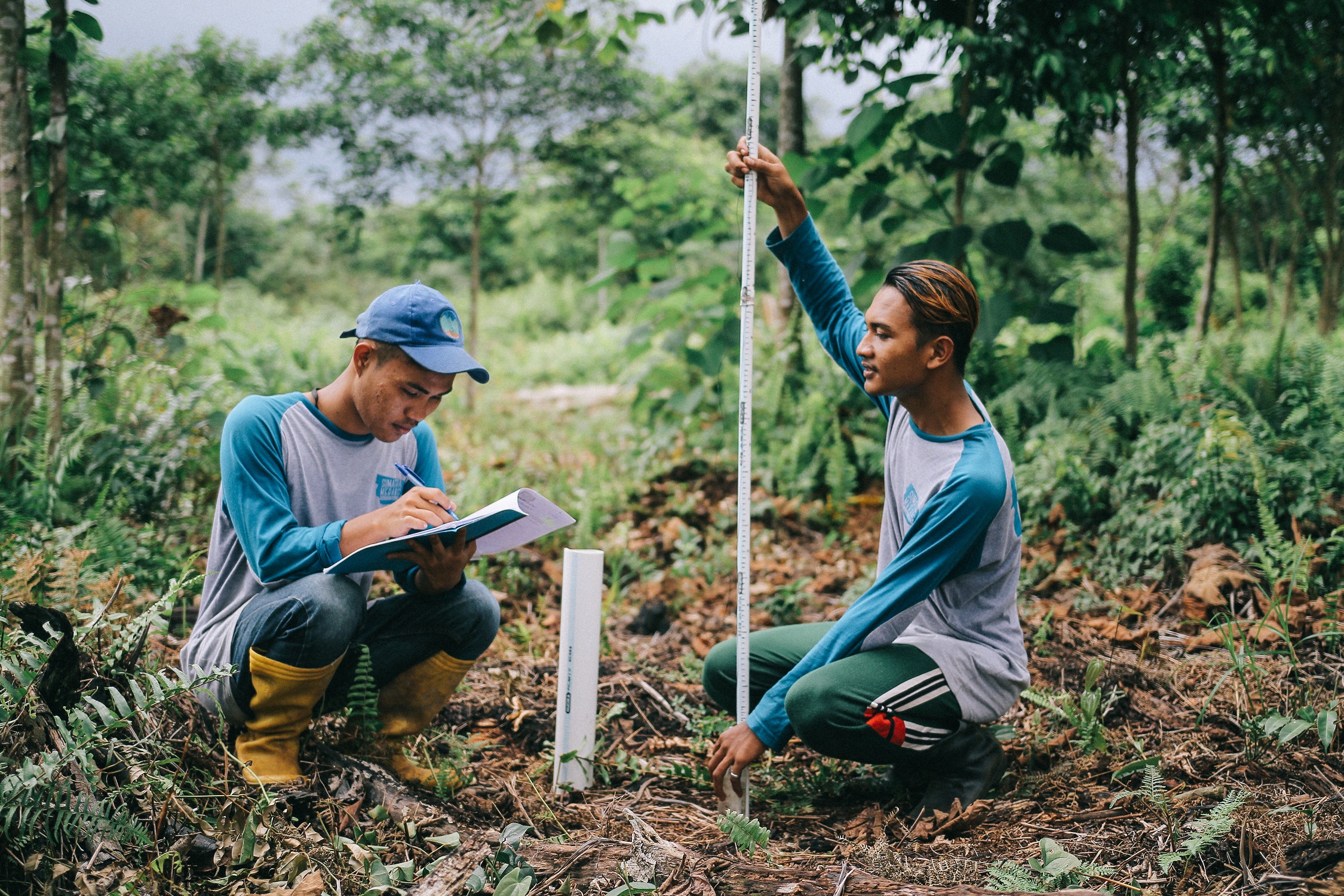TRANSPARENCY THROUGH TECHNOLOGY
Using IoT Sensors and machine learning for robust impact verification.
FEASIBILITY
ASSESSMENT
From the dry dipterocarp forests of Malaysia to the carbon-rich peat swamp forests of Indonesia, Forest Carbon is on the ground to assess threats to tropical forest ecosystems and develop business models to protect them.
When it comes to carbon forestry, there’s no substitute for a rigorous and detailed breakdown of biomass stocks. Forest Carbon specializes in assessing below ground carbon stock in Peatland and Mangrove wetland areas. Forest Carbon leverages its team on the ground in Indonesia to evaluate project potential and quickly provide information critical to determining the business case for restoration projects. Key advantages include:
- Rapid GIS assessments with our in-house team
- Automated carbon credit calculations
- Drone-based aerial surveys
PROJECT
DESIGN
Forest Carbon has brought a number of forest restoration conservation projects to market across Southeast Asia for clients and investors. We work exclusively under the Verified Carbon Standard and Climate Community and Biodiversity Standard.
Notable highlights include:
- VCS project design: Rimba Raya, Indonesia’s first peatland restoration project in Central Kalimantan
- VCS project design: Seima, Cambodia – WCS Restoration Project
- VCS project developer: Sumatra Merang Peatland Project (SMPP)
IMPACT
VERIFICATION
Forest Carbon employs a range of sensors, running on Internet of Things (IoT) protocols to monitor water table levels for peatland ecosystems.
These IoT sensors provide fire risk data in real-time through a project dashboard, allowing managers to make more informed decisions and prevent fires.
Water table level data is also critical to verifying impact under the Verified Carbon Standard. IoT sensors make it easier to monitor over 75 locations in hard to reach areas on a daily basis, which provides the data needed for external auditors
HIGHLY SKILLED LOCAL TEAMS
Investing in staff from local communities to ensure equitable engagement and long-term impact
Committing to Communities
Our projects forge long-term connections with local communities. Our company’s dedicated Environmental and Social Managers build lasting relationships and perform in-depth needs assessment to take a data-driven approach to development interventions.
Our key focus is on creating jobs and investing in rural education and health programs. The foundation for our long-term success is based on working with community leaders, consulting with government officials and forming partnerships with NGOs to implement programming successfully.
Reducing deforestation, supporting project conservation goals and listening to community feedback are key aspects of our community commitments. Forest Carbon embodies this approach by hiring local project liaisons to share information on the project with stakeholders and engage communities about the importance of the ecosystem services provided by each unique project.
REGENERATING ENDANGERED HABITATS
Indonesia’s rainforests are home to an unmatched biological richness and diversity in terms of plant and animal species. Indonesia is the only country in the world where rhinos, orangutans, elephants, bears, and tigers can be found living in the same forest. Forest Carbon’s projects regenerate degraded habitats for these animals.
In each project, Forest Carbon surveys the occurrence of Rare, Threatened, and Endangered (RTE) species through an initial survey and a wildlife monitoring plan. Technology, such as camera traps and surveys, tracks project impact to evaluate the how the project is restoring and enhancing various species of flora and fauna, including critically endangered species such as the Sun Bear, Sumatran Tiger and Rhinoceros Hornbill. Our projects aim to reconnect habitats with surrounding areas to enhance the viability of vulnerable populations of animals, plants and trees.
CREATING NEW JOBS FOR LOCALS
Forest Carbon’s projects create jobs in an emerging land use sector in Indonesia. From radio operators and forest patrol staff to cooks and biodiversity researchers, forest restoration projects create meaningful employment for local community members.
Forest Carbon also invests in continuing education, offering a high-school degree completion program for all staff, along with access to college education for specialized skill sets. This ensures that the staff hired from surrounding communities build their earnings capacity while fostering deeper connections to conservation values among family networks.
DISCIPLINED ADHERENCE TO STANDARDS
Meeting the highest international performance standards for restoration projects, including CCB, VCS and IFC.
ANTICIPATING CLIMATE CHANGE
Forest Carbon assesses and designs projects exclusively for the Verified Carbon Standard (VCS) and the Climate Community and Biodiversity Standard (CCB). These standards ensure that each project is developed according to best practices, is independently audited and is endorsed by relevant local communities and government agencies. These certifications help standardize our process for monitoring and evaluation, while empowering communities with tools they need to continue the progress made by conservation and restoration teams.
